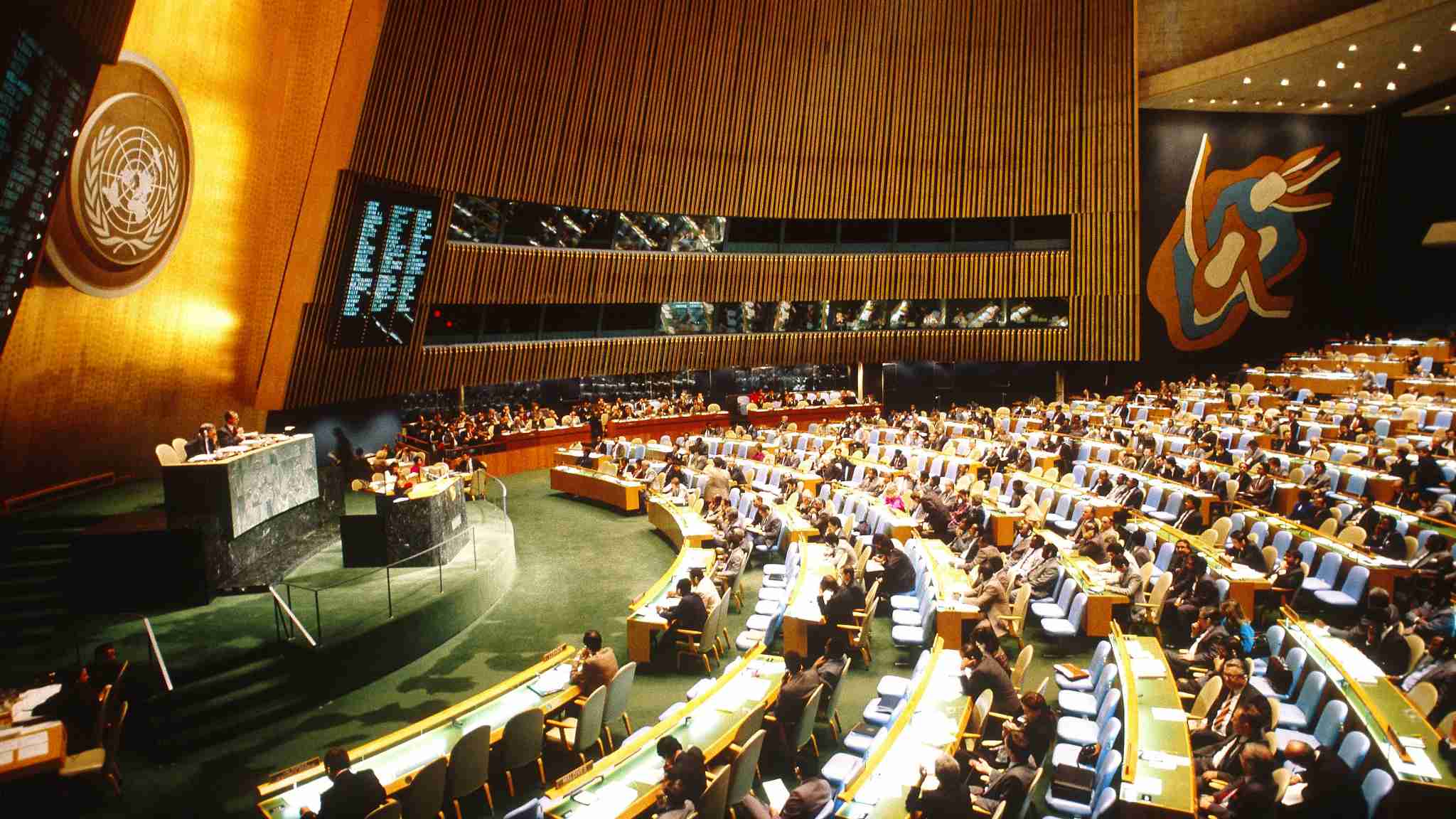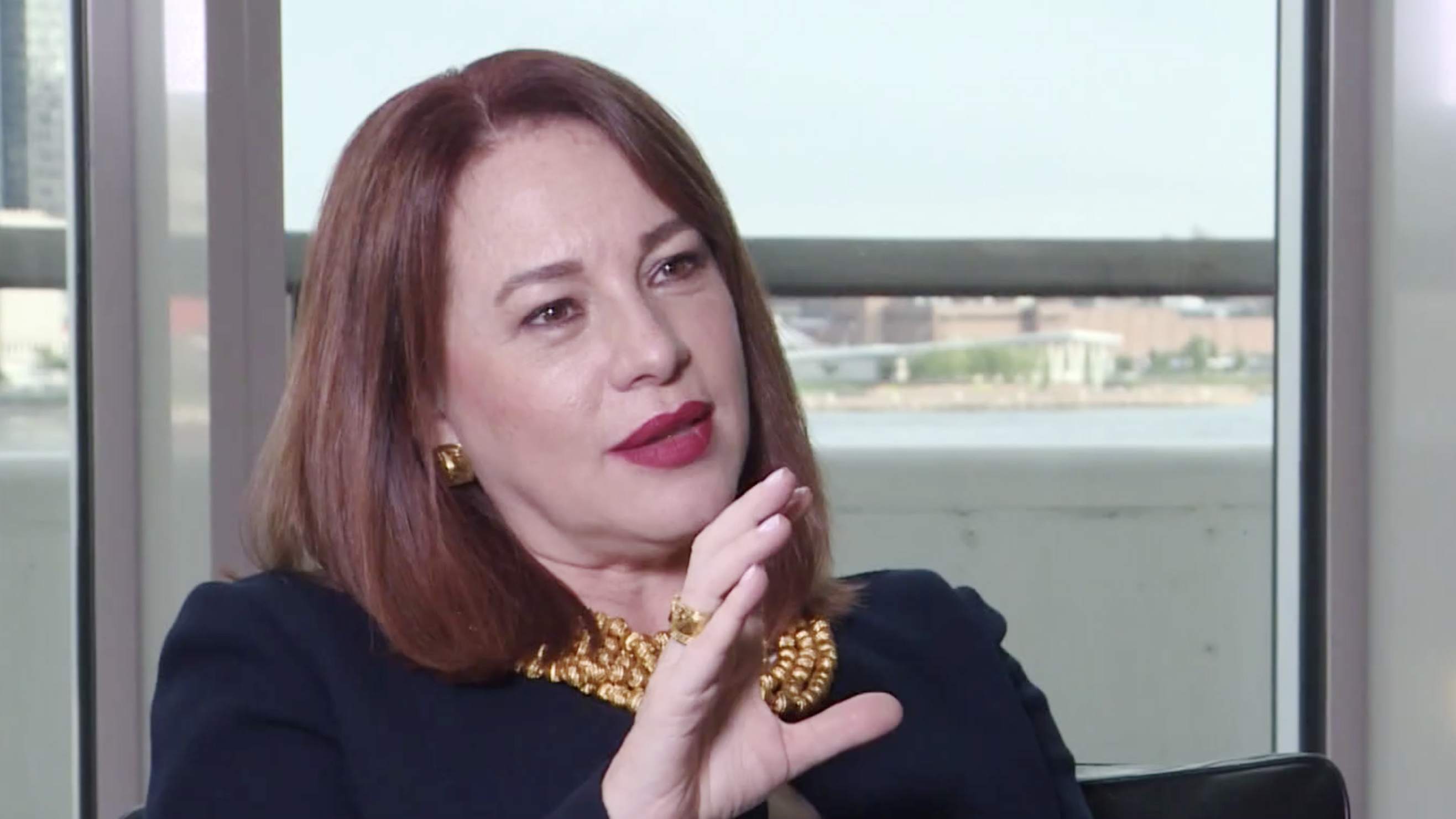
Opinions
16:44, 28-Sep-2018
Opinion: UN is determined to create a better world
Updated
15:57, 01-Oct-2018
CGTN's The Heat

Maria Fernanda Espinosa is the fourth woman to be elected president of the United Nations General Assembly – and the first woman from Latin America. CGTN's Anand Naidoo sat down with Maria Fernanda Espinosa to discuss her priorities for the 73rd General Assembly and how gender plays a big role. Below is a summarized transcription of the interview.
Anand(A): Madam President, thanks for being with us. Could you tell us what is your plan for your time in office?
Maria(M): I feel very honored, but at the same time I am aware that it's a huge challenge. There are changing times, but I think we need to prove that multilateralism is the only way out.
A: You are talking about the challenges. What are your priorities?
M: I have chosen seven priorities for my year of presidency.
The first priority is gender equality, including the economic and political empowerment of women and the access to decent, equal work for women.
The second priority is about migration and refugees. Using the momentum of a global compact on migration and also the upcoming and summit in Marrakech Morocco, I think next year is going to be the implementation year for the Global Compact so we will devote quality time to refugees and migration.
The third priority is about the rights of persons with disabilities. We are pushing for the accessibility to universalize the UN Convention on persons with disability, and are close to having the rest of a few countries to sign on to the convention.
The fourth priority is going to be about environmental action. Here I think international campaign in the media has a very important role to play.
The fifth priority is about revitalizing the United Nations, especially about revitalizing the General Assembly and the reform of the Security Council. This has been a topic for 25 years, and I hope to make some progress this year.
The last priority concerns the present security issue. We are going to be working actively to push for the access of the youth in political participation so their voices could be heard.
01:00

Providing youth with decent jobs, we think is the most powerful preventive tool to prevent them from getting into violent extremism activities
A: How are you planning to empower women politically to seek gender equality?
M: The UN will be a microphone for the women leaders from the world to speak to their peers. Other than that, General Assembly will address gender parity in panels, and I will also make sure that all the United Nation architecture operates in the same way.
A: What would be some challenges that you are anticipating while trying to achieve those goals?
M: The first challenge is that sometimes we become too self-referential to think about the people we are representing. We should be mindful of those bureaucratic languages and make efforts to communicate appropriately to make people believe that the United Nations can really touch their lives, transform the way they live, and improve their livelihoods
The second is that every country has its own interest and it's hard to satisfy everyone. For instance, the United States pulled out of the Paris Accord on climate change for its own concern. I think that every member states is entitled to say or to have views on certain issues that perhaps may differ from others, but that's why the multilateral system is so relevant. It's because it can bring together dissents in a democratic way.
A: Madam President, thank you very much.
M: Thanks.
(If you want to contribute and have specific expertise, please contact us at opinions@cgtn.com.)

SITEMAP
Copyright © 2018 CGTN. Beijing ICP prepared NO.16065310-3
Copyright © 2018 CGTN. Beijing ICP prepared NO.16065310-3